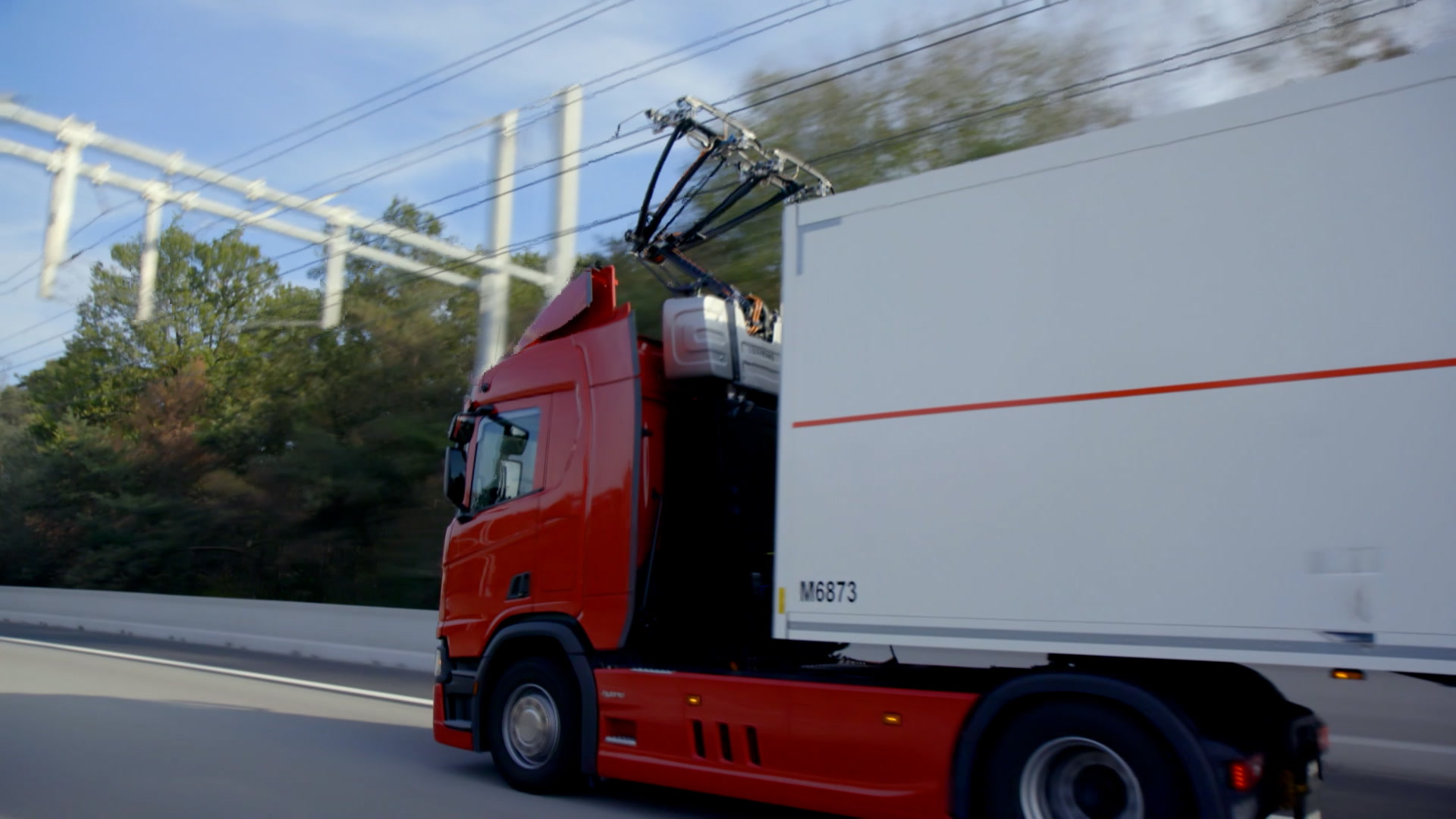Dubai plans Hyperloop trains that will be faster than planes

From two hours to 12 minutes … the Hyperloop could drastically cut travel times between Dubai and Abu Dhabi Image: REUTERS/Mosab Omar

Get involved with our crowdsourced digital platform to deliver impact at scale
Stay up to date:
Supply Chain and Transport
Humans have long been fascinated with travel. Wherever we are, we want to get somewhere else, and when we’ve got there, we want to be able to get there faster.
Concorde was once the world’s fastest commercial passenger jet, travelling at speeds of over 2,000 kilometres per hour, more than twice the speed of sound. More recently, Japan’s magnetic-levitation bullet train became the world's fastest train, travelling at speeds of 600kmph.
Now there is the Hyperloop, a high-speed ground travel system that is tipped to be the world's next fastest mode of transport.
And cities are taking it seriously. A new project led by US-based company Hyperloop One aims to take people from Dubai to Abu Dhabi in just 12 minutes, a trip that currently takes about two hours.

The future of fast travel
On 8 November, Hyperloop One signed an agreement with Dubai’s Roads and Transport Authority (RTA) to explore high-speed routes in the United Arab Emirates “to figure out where and how to build what would likely be a hybrid passenger-freight system in Emirates.”
In other words, it’s going to work out how to turn the theory of Hyperloop into a reality.
“Dubai makes perfect sense for Hyperloop One because this is the 21st century's global transport hub and its leaders understand that Hyperloop One is ushering in the next era of transportation,” said Shervin Pishevar, Executive Chairman.
What is it?
Hyperloop One is exploring the idea first floated by SpaceX founder Elon Musk. This is what Hyperloop One thinks its revolutionary transportation system will look like:
In the future, Hyperloop One passengers would board a capsule that travels through giant tubes at 1,200kmph, using electric propulsion.
“Hyperpods” would seat anywhere from six to 100 people. Businesses could use meeting pods as a moving conference room, and there would even be a critical-care pod to whisk patients to the hospital, according to the company.

The Hyperloop system would have minimal impact on the environment, and because the vehicle floats slightly above the track, it would be able to travel faster than an airplane. “We eliminate direct emissions, noise, delay, weather concerns and pilot error. It’s the next mode of transportation,” says the company.
Travel between cities would be drastically reduced: Dubai to Abu Dhabi in 12 minutes; Dubai to Doha in 23 minutes; Dubai to Muscat in 27 minutes; and Dubai to Riyadh in 48 minutes.
Here's what Hyperloop One's Marvin Ammori had to say when interviewed on the concept at this year's Annual Meeting of the Global Future Councils in Dubai.
Will it happen?
It’s a giant leap in terms of technology, and even the founders of Hyperloop One admit that “some engineers knew how to build rockets and cars. Our technology stack doesn’t even exist.” There are also financial and regulatory hurdles ahead, they add.
This recent agreement, however, puts Hyperloop firmly on track.
Don't miss any update on this topic
Create a free account and access your personalized content collection with our latest publications and analyses.
License and Republishing
World Economic Forum articles may be republished in accordance with the Creative Commons Attribution-NonCommercial-NoDerivatives 4.0 International Public License, and in accordance with our Terms of Use.
The views expressed in this article are those of the author alone and not the World Economic Forum.
The Agenda Weekly
A weekly update of the most important issues driving the global agenda
You can unsubscribe at any time using the link in our emails. For more details, review our privacy policy.
More on Supply Chain and TransportSee all
Rida Tahir
April 9, 2024
Kimberley Botwright and Spencer Feingold
March 27, 2024
Andrea Willige
March 19, 2024
Laia Barbarà and Claudia Galea
March 12, 2024
Zera Zheng, Rico van Leuken and Lars Karlsson
February 23, 2024






